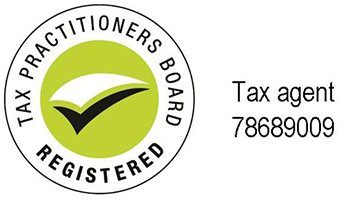Fallout from ‘Panama Papers’ spreads
Earlier this year it was reported that an unknown source had leaked11.5 million documents from the Panamanian law firm of Mossack Fonseca – these are now referred to as the ‘Panama Papers’.
Basically, the documents illustrated how many wealthy individuals are hiding their money and income from tax authorities around the world.
The Commissioner of Taxation, Chris Jordan, has announced that the ATO has made significant progress in dealing with those exposed in the Panama Papers who have tried to avoid their tax obligations. He went on to say that, having commenced the assessment of the data, the ATO believes that some of overseas structures and trusts are being used to:
- evade tax;
- avoid corporate responsibility;
- disguise and hide unexplained wealth; and
facilitate criminal activity and launder the proceeds of crime.
For example, the ATO has received data on Australians who have failed to disclose offshore bank accounts. In addition, it has obtained information on offshore service providers who have established entities for Australians in secrecy jurisdictions – the sole purpose of which is to conceal their interests and wealth.
He said that "Last year, we ran our voluntary disclosure initiative Project Do-It as a ‘last chance’ for Australians to clean up offshore affairs before we ramped up our enforcement actions."
"Over 5,800 Australians made the right decision to come forward and made disclosures to us raising over $260 million in collections and identifying in excess of $6.5 billion in assets previously undisclosed. A further $135 million in tax has since been voluntarily paid because the income is back in the system."
"Importantly, the sheer size of the information available to us for analysis should send a clear message to those who believe that their data is secure, hidden and beyond the reach of law enforcement and tax authorities – it is not."
"Tax fraud is not acceptable, and we will not only focus on those seeking to avoid their obligations, but also the advisers who facilitate this egregious behaviour. During the course of this week alone, we have focused on six accountants and up to 60 of their clients."
Four prosecutions in first year
In just its first year, the taskforce investigating the leaked data has achieved four prosecutions:
- In the first case, the individual used a scheme involving various offshore entities and trusts to hide his income and then attempted to conceal the return of this income to Australia. He was convicted and sentenced to five years and nine months imprisonment, with a non-parole period of two years.
- In the second case, the individual made more than 100 illegal trades and was sentenced to eight years and three months, with a non-parole period of five years and six months.
- In the third case, the individual established a web of offshore entities in Vanuatu to conceal $4.5 million in income from the ATO. He was convicted and sentenced to five years imprisonment with a non-parole period of two years.
- Finally, an individual was sentenced to two years jail for using offshore structures to hide funds.
"In addition, we saw a recent matter where an individual appealed their sentence for tax fraud. On appeal, the sentence was increased with the individual receiving a 14-year jail term."

